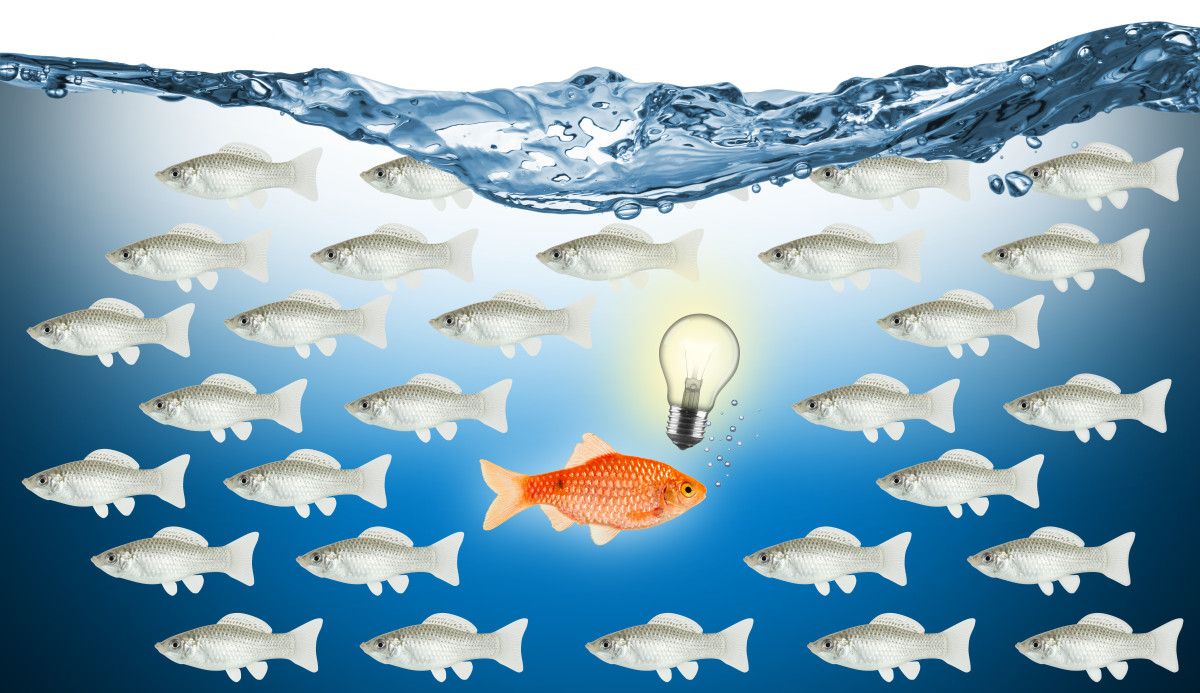If you want to be innovative, it helps to be a little bit ‘different.’
Would you agree that if you want to be innovative, it helps to be a little bit different? The upcoming issue of The World Financial Review has reprinted Chapter 1 from my book Beyond The Obvious titled “Why Questions Matter?”. The core message of the chapter is that there are many ways to generate n

Would you agree that if you want to be innovative, it helps to be a little bit different?
The upcoming issue of The World Financial Review has reprinted Chapter 1 from my book Beyond The Obvious titled “Why Questions Matter?”.
Scientists have started to prove what most creative know: If you want to be innovative, it helps to be a little bit “different.”
Phil McKinney
The core message of the chapter is that there are many ways to generate new innovations, but the most effective is to learn to ask the kinds of questions that can lead you to genuine discovery. One quote they pulled from the book that I think clearly describes me is:
“Brokenness” is a key element to a questioning and creative spirit. Scientists have proved what most people in the tech or other creative spheres already know: If you want to be innovative, it helps to be a little bit “different.”
If you would prefer to read Chapter 1 offline, you can download it here.




